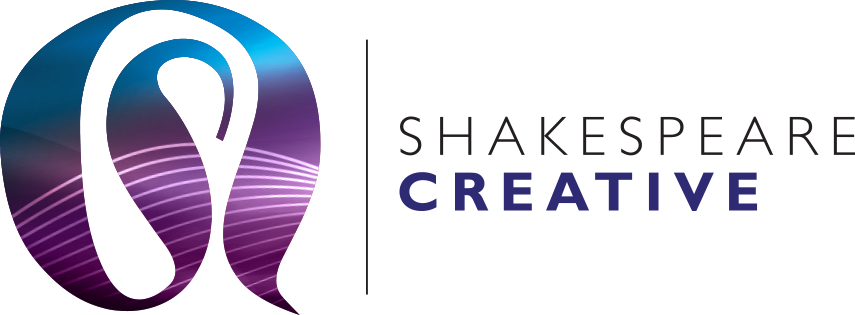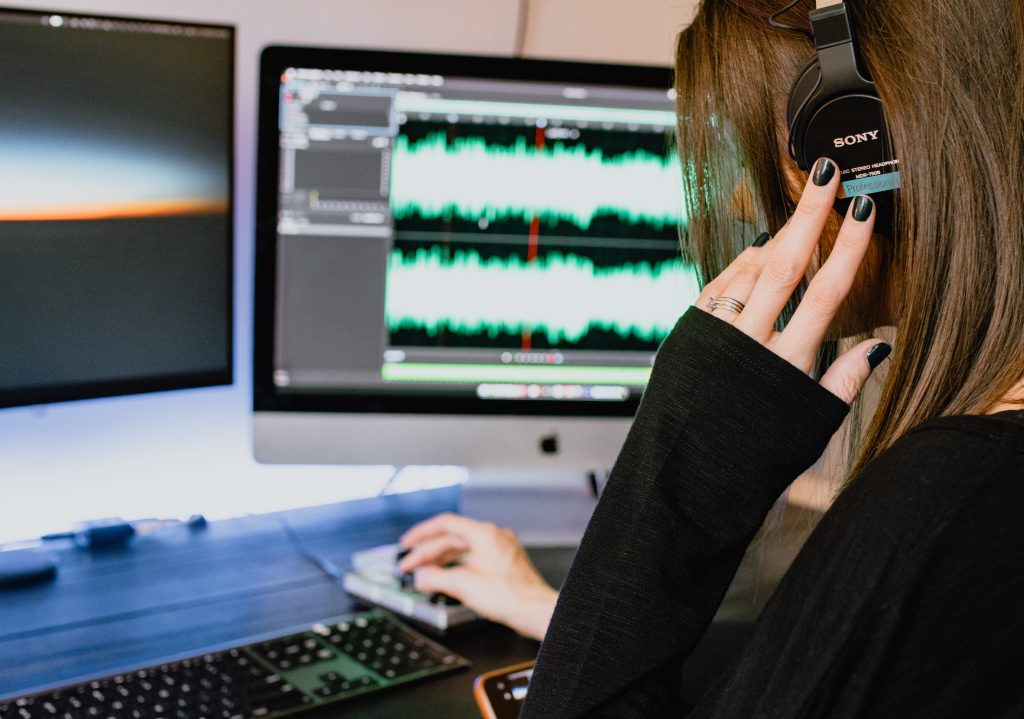What should you look out for when you edit a podcast?
Podcasts have a big advantage over radio shows. Much like films and feature lengths shows on Netflix, for example, have an advantage over scheduled television programming. There is no set length. In theory, this means that it can be as long or as short as it needs be. So without that constraint, how do you make sure you edit a podcast effectively?
The amount of times I’ve spoken to people about creating their first podcast and the first thing they say is, “I reckon we want to go for about the 45 minute mark.” Based on what? As you can read in our previous podcast article, there is no “perfect” podcast length.
So, what’s the method for editing your podcast to make sure you’re getting the most out of your audio? If there’s no limit to how long a podcast can be, why edit it at all? That seems to be a legitimate point. But you should always edit your podcasts, and here’s why.
Top Tips for editing your podcast
- “Ums,” and “ahs.” When people are talking freely without reading a script, they are naturally going to stutter a bit. We all do it, some more than others. What we are doing, subconsciously, is buying ourselves a little bit of thinking time. Another reason for a few more stutters than normal, could be because a contributor is a bit nervous. Having a microphone recording what you’re saying heightens your self-awareness and suddenly, we don’t think quite as naturally or clearly. Simple rule: Take all the ums and ahs out, and it suddenly sounds unnatural and too rigid. Therefore your audience will find it harder to emotionally connect to the content if it sounds too robotic. Leave them all in and suddenly it might sound a tad tedious and a little long, causing your audience to lose interest, drift off or get distracted. A happy medium is what you’re going for. If you want to get super geeky, check out this psychoanalytic explanation of why ums and ahs occur.
- Pause for effect. Same goes for pauses. A pause can be a really powerful tool in an editors box. It can make content stand out more and make the contributors point really land hard. Or, as above, it can sound a little slow and laborious. So keep some in that sound good and natural, and tighten up others.
- Be honest with yourself. When you are listening back to content and find yourself less engaged at times, ask yourself “will the listener miss this if it isn’t there?” If the answer is no, then trust your gut, and cut it.
- Repetition. Listen out for people repeating themselves. This happens a lot more in everyday conversations than you may think. When you edit your podcast, this could remove 2 whole minutes if you splice out a few of those.
- Listen when your recording. This is a big time saver. It only really applies if you’re producing the podcast, not hosting it. When you’re hosting or contributing, you need to stay present and be in the moment and not making notes as you go. But if you’re the one producing and editing. Make notes WITH time markers as you record. You’ll save yourself a lot of time later and it means you won’t miss any mistakes or false starts.
The end result
Put these 5 things into play and you’ll have something that you will be proud of and will be optimised to help gain new audiences and keep your existing one engaged.
To find out more about how we can help you get involved in the podcast space, in various capacities. Big or small. Simply click here. We looking forward to hearing from you

